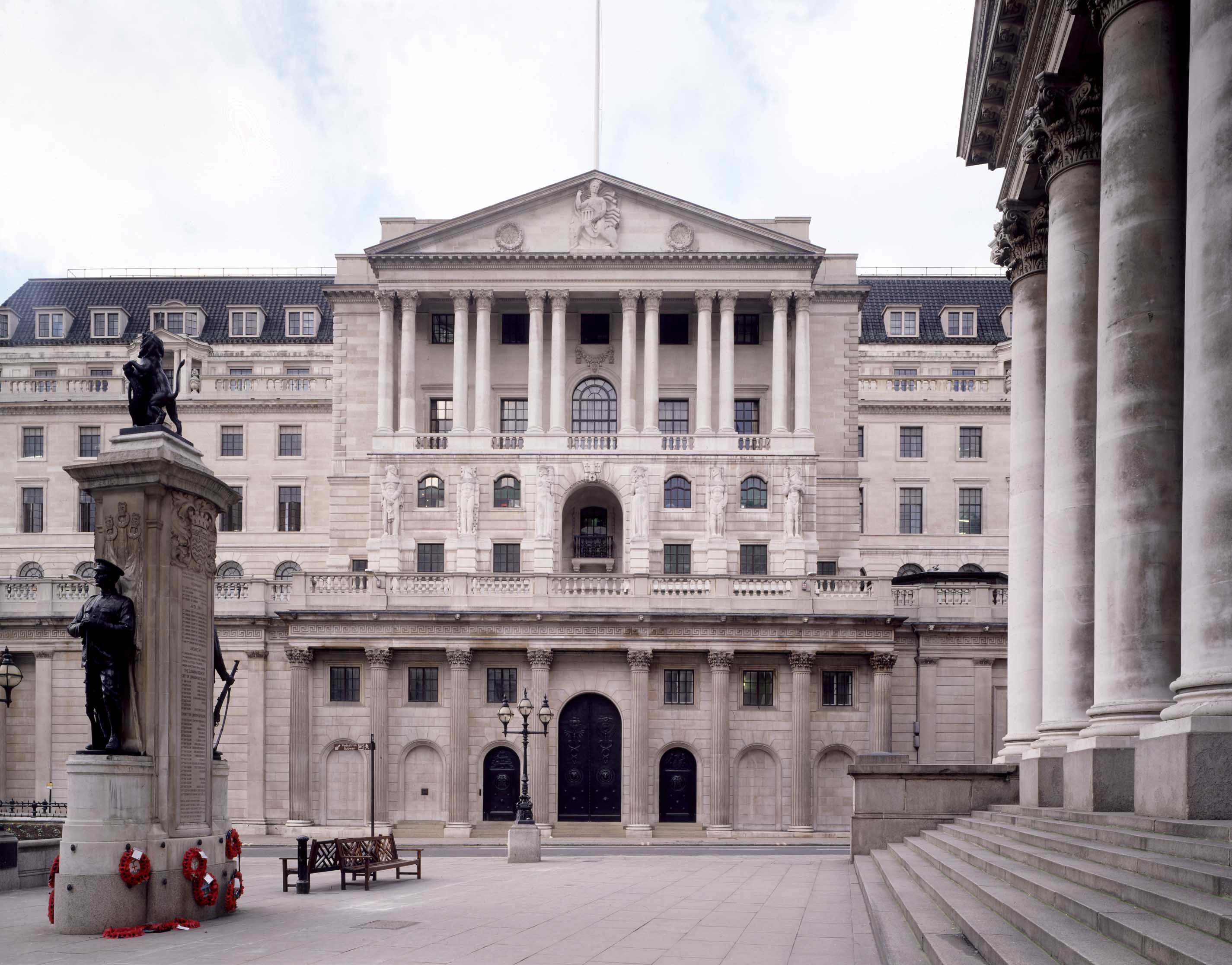Bank of England slashes rates again and increases QE: will it do any good?
In a further bid to control the economic fallout of the coronavirus pandemic, the Bank of England has an…
19th March 2020 16:27
by Tom Bailey from interactive investor
In a further bid to control the economic fallout of the coronavirus pandemic, the Bank of England has announced a new interest rate cut as well as a huge increase in quantitative easing.

In a further bid to control the economic fallout of the coronavirus pandemic, the Bank of England has announced a new interest rate cut as well as a huge increase in quantitative easing.
Following an emergency meeting, the Bank announced it will cut interest rates from 0.25% to a new record of 0.1%. The new cut comes just over a week since the Bank cut rates to 0.25%, a low previously seen following the Brexit vote. As Richard Carter, head of fixed interest research at Quilter Cheviot, says: “Emergency measures from central banks seem to be happening on an almost daily basis at the moment.”
Alongside the interest rate cut the Bank announced that it would purchase £200 billion of government bonds and sterling non-financial investment-grade corporate bonds, a practice known as quantitative easing (QE). This brings the Bank’s total bond holdings to £645 billion. It was also announced that the term funding scheme for small and medium businesses, announced last week, would also be expanded.
While the rate cut is the most headline grabbing of the measures announced, it is the least important of the three new measures, says Alex Maddox, capital markets director at Kensington Mortgages. He says: “What will make a big difference are the two other measures announced by the Bank - a massive increase in the quantitative easing programme to £645 billion, and even more money to the funding schemes that can get cash to consumers and small businesses."
Likewise, Pantheon Macroeconomics describes the decision to increase QE by such numbers as “going big and early,” with the £200 billion increase much greater than economists had anticipated. The expansion of QE should provide the sort of stimulus interest rate cuts have historically but are currently unable to due to rates already being so low. Pantheon Macroeconomics notes that in January then-governor of the Bank, Mark Carney, noted that a £120 billion of UK bond purchases would effectively deliver the same stimulus to the economy as cutting the Bank Rate by about 1%. Therefore, the economics consultancy says: “In theory, the new tranche of QE effectively loosens monetary policy by an amount equivalent to a 167 basis point (1.67%) cut in rates.”
Kevin Doran, chief investment officer at AJ Bell, however, emphasises that monetary policy without adequate government action is not going to be adequate to deal with the economic fallout of coronavirus. Doran notes: “It’s the solutions of yesteryear when liquidity and credit were the problems. This time it truly is different – with a workforce on lockdown, there’s a production chasm about to open up.
“To fill the gap policy makers need to be working with Governments to introduce formal debt relief. Not forbearance, not interest holidays, but genuine relief from servicing debts as the world enters its enforced hibernation.”
Lee Wild, head of equity strategy at interactive investor, notes: “In cutting rates again to next to nothing, the Bank of England is rightly throwing everything it has at the pandemic. While this certainly eases some pressure on borrowers, the Bank is running out of powder needed to prop up the economy should it have to do more."
This article was originally published in our sister magazine Money Observer, which ceased publication in August 2020.
These articles are provided for information purposes only. Occasionally, an opinion about whether to buy or sell a specific investment may be provided by third parties. The content is not intended to be a personal recommendation to buy or sell any financial instrument or product, or to adopt any investment strategy as it is not provided based on an assessment of your investing knowledge and experience, your financial situation or your investment objectives. The value of your investments, and the income derived from them, may go down as well as up. You may not get back all the money that you invest. The investments referred to in this article may not be suitable for all investors, and if in doubt, an investor should seek advice from a qualified investment adviser.
Full performance can be found on the company or index summary page on the interactive investor website. Simply click on the company's or index name highlighted in the article.